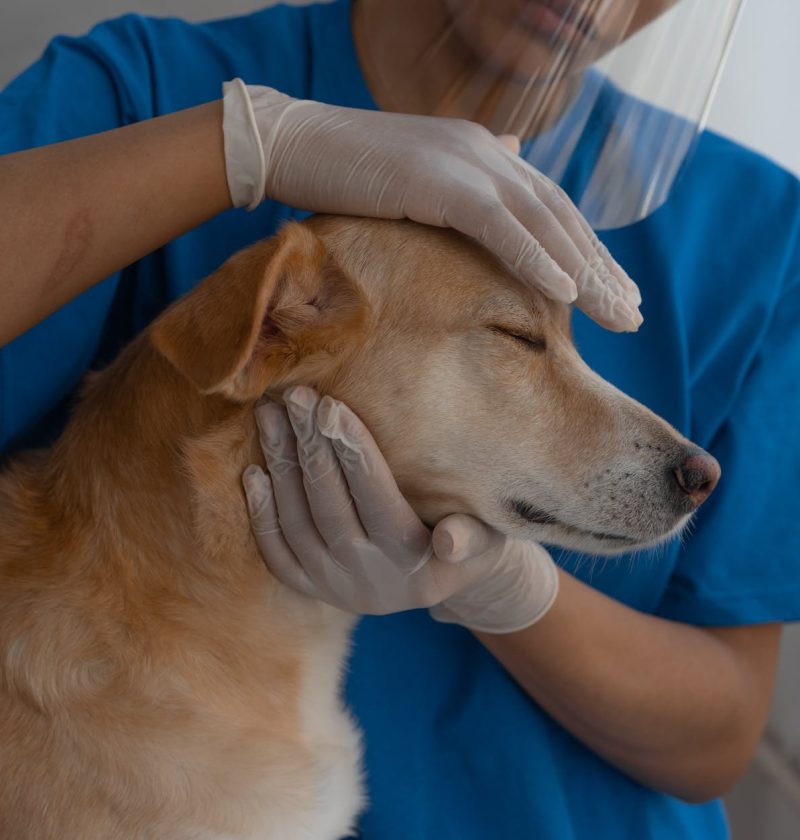Untreated dental problems can cause dental problems in pets. Animals of all ages are at risk for certain severe oral diseases that may require surgical intervention. Regular check-ups of the dental health of your pet assist in identifying problems before they become severe and provide the appropriate treatment.
For various reasons, your pet may require crucial procedures, such as oral surgery. They could need it to remove abnormal growths, solve oral problems, or fix a broken jaw. Highly trained vets can utilize various surgical techniques to prevent and treat dental problems.
Different Dental Care Surgeries
Canines and cats benefit from various dental procedures that satisfy their needs. Here are a few of the most frequently used procedures for canines as well as felines:
Surgical Tooth Extraction
The majority of veterinary clinics perform tooth extractions as a vital dental operation. Although some tooth types are simple to extract, others have particular issues that call for a surgical procedure for tooth extraction. It is important to remember that a routine tooth extraction differs from a surgical one.
Extraction of the tooth surgically involves cutting an incision in the gum tissue. This requires sutures later to close it. A unique tool can also gently extract the entire tooth without damaging surrounding structures or structures, such as nerves and blood vessels.
After the pet’s surgery, there may be discomfort and swelling. The veterinarian may prescribe medication and antibiotics to help manage discomfort and prevent infections. You must follow the post-operative instructions carefully to ensure your furry friend’s quick and complete recovery; see this page for more details.
Orthodontic Surgery
Orthodontic surgery is a specialized dental procedure to correct jaw deformities or severe malocclusions that cannot be fixed with traditional orthodontic treatment alone. Generally, a veterinarian with additional orthodontic training does this operation; visit a website like https://www.tricoanimalclinic.com/site/veterinary-surgery-louisa for additional info.
Orthodontic pet surgery may involve multiple procedures based on the root cause of dental or jaw problems. There are several options available:
Mandibular or Maxillary Osteotomy
This procedure involves surgically repositioning the lower jaw (mandible) or the upper jaw (maxilla) to improve bite function and facial aesthetics. This procedure is often recommended for dogs with jaw deformities or malocclusions that cannot be corrected through orthodontic appliances alone.
Alveolar Distraction Osteogenesis
The method involves gradual lengthening of the jawbone to correct jaw length discrepancies. It may be employed to correct the lower and upper jaws are misaligned.
Palatal Expansion
A palate expansion procedure is a surgical procedure used to increase the size of the palate to improve narrow arches and bite function. This procedure may be recommended for pets suffering from crossbites or other dental abnormalities which affect the alignment of the lower and upper jaws.
Genioplasty
Genioplasty is a procedure that alters the shape or position of the chin to improve facial balance and aesthetics. It can benefit pets with a significant amount of overbites or underbites.
Oral Cancer Surgery
Both canines and felines can be affected by oral cancer. Most oral cancers are successfully treated with surgery if caught early. That’s why regular check-ups with your vet and dental examinations are crucial. Note that most oral/maxillofacial (affecting jaw/face) tumors require extensive surgical removal (removal).
Surgery is an effective method of treatment for animals suffering from oral cancer. It assists in removing malignant tissue and improves their overall well-being. Get advice from a veterinary internal medicine expert knowledgeable about animal cancer before deciding whether surgery is your pet’s most effective option.
Conclusion
Book a dental exam for your pet to determine whether it requires oral surgery. The vet will assess your pet’s dental health and suggest necessary treatments to keep your pet’s health and happiness throughout the years. Prevention is the key to any illness, so prompt action is vital.







